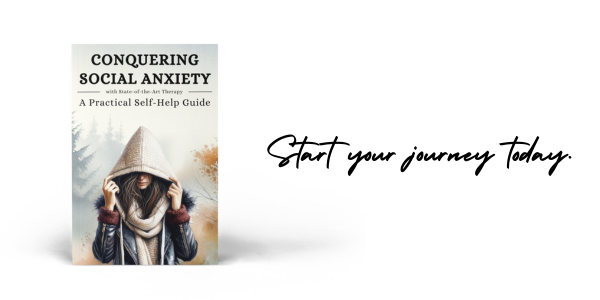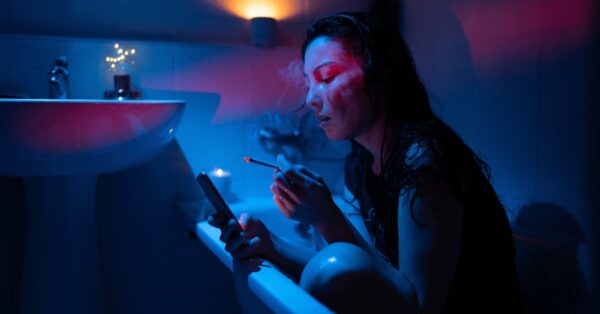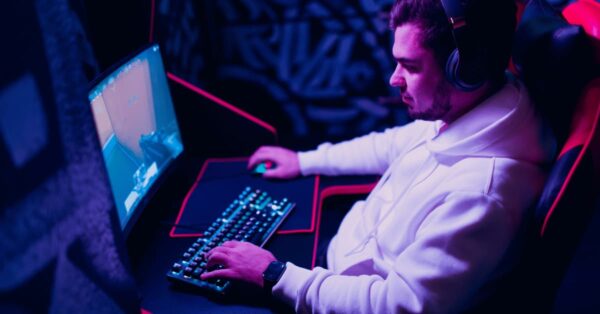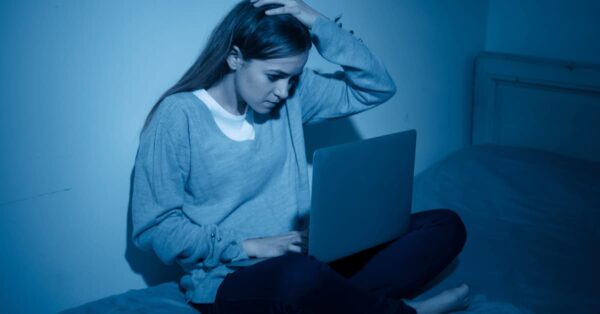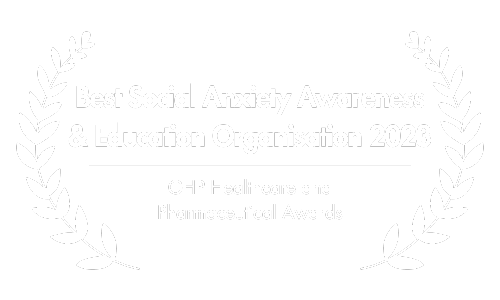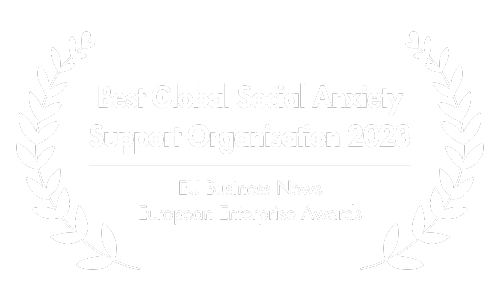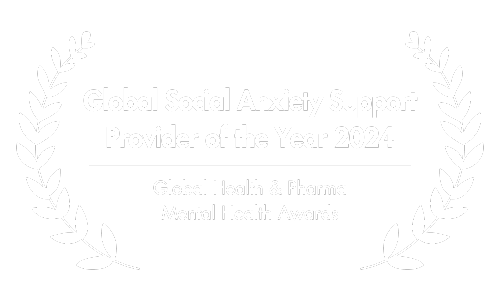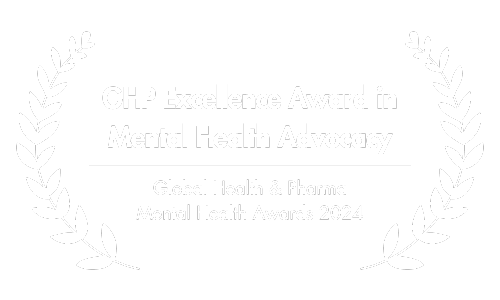The Digital Dilemma: The Link Between Social Media and Social Anxiety
In our digitally connected world, social media platforms have become central to how we communicate, share, and perceive our lives and those of others.
While these platforms offer unprecedented opportunities for connection and engagement, they also present unique challenges, particularly for individuals navigating the difficulties of social anxiety.
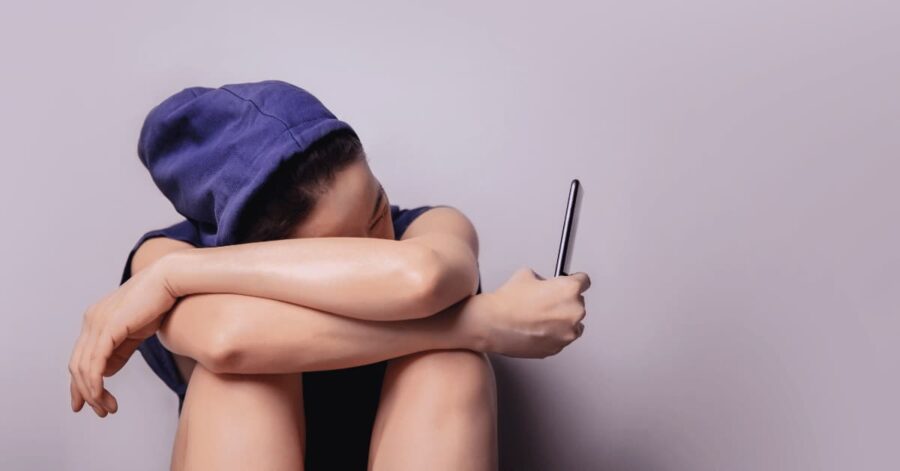
Social anxiety disorder, characterized by intense fear of social situations and being judged or negatively evaluated by others, affects millions globally (Harvard Medical School, 2007).
Its intersection with social media usage is a topic of increasing interest and concern among mental health professionals and users alike.
The relationship between social media and social anxiety is multifaceted and complex.
On one hand, social media can serve as a valuable tool for those hesitant to engage in face-to-face interactions, providing a platform for expression and connection without the immediate pressures of physical presence.
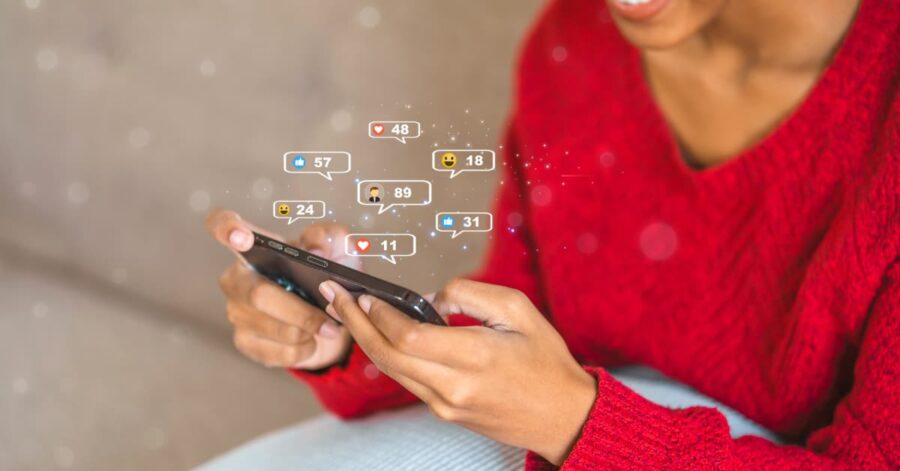
On the other hand, the very nature of these platforms – highlighting curated snapshots of success, beauty, and apparent social ease – can exacerbate feelings of inadequacy, isolation, and anxiety.
This article delves into the nuanced impacts of social media on social anxiety, guided by recent research findings. Studies reveal that the way we engage with social media – actively or passively – can significantly influence our mental health and social anxiety levels.
For instance, actively participating in social media by posting and commenting may improve communication skills and reduce social anxiety, while passive use, such as scrolling without interaction, is associated with increased feelings of social anxiety (Lai et al., 2023).
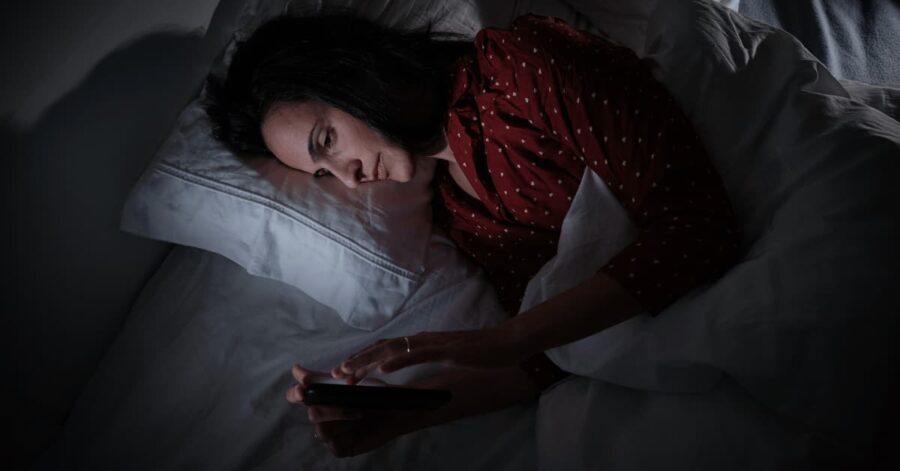
Understanding the dual nature of social media’s impact is crucial for managing social anxiety in the digital age.
This article aims to provide readers with a comprehensive overview of the topic, offering evidence-based insights, practical strategies for managing social media use, and recommendations for further reading and resources.
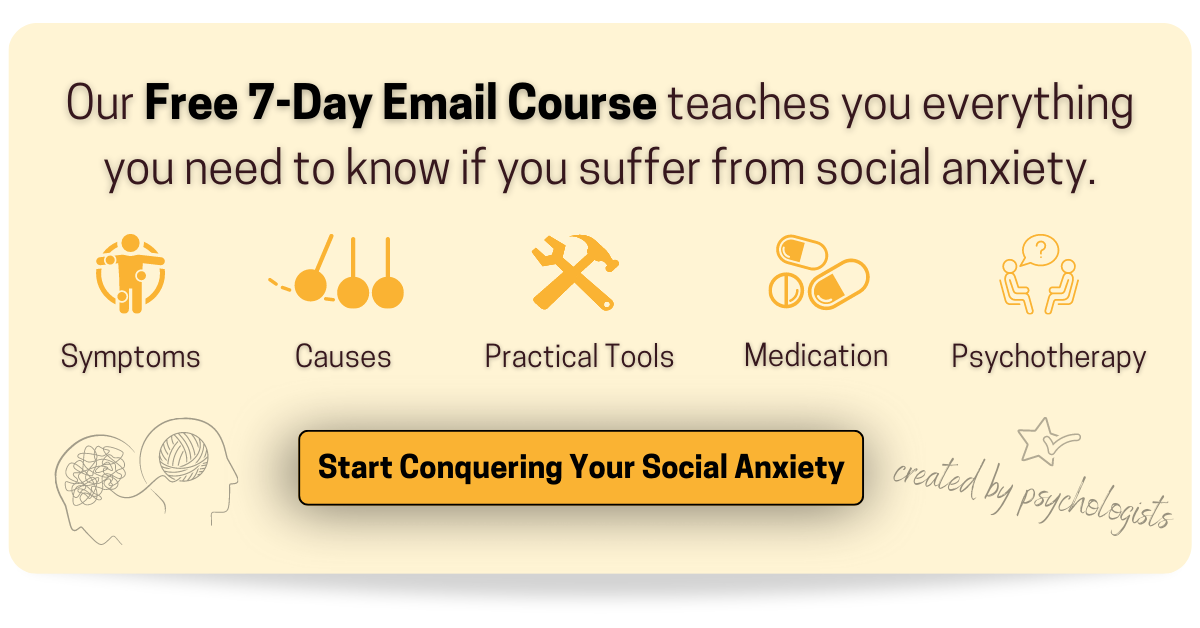
A. Understanding Social Anxiety and Social Media
Social Anxiety: A Brief Overview
Social anxiety disorder, also known as social phobia, is more than just shyness or occasional nervousness.
It is a prevalent and debilitating condition characterized by an intense fear of social situations where the individual fears being judged, negatively evaluated, or rejected by others (American Psychiatric Association, 2013).
Symptoms can range from excessive sweating, trembling, and rapid heartbeat to avoiding social situations altogether, which can significantly impair an individual’s ability to function in daily life.

The Role of Social Media in Modern Communication
In the last two decades, social media has revolutionized the way we connect, share, and engage with each other.
Platforms like Facebook, 𝕏 (formerly Twitter), Instagram, and TikTok have become integral to our social lives, offering new ways to maintain relationships, meet new people, and express ourselves.
However, these platforms also create spaces where users can compare their lives to others, seek validation through likes and comments, and potentially face cyberbullying or exclusion, all of which can impact mental health.
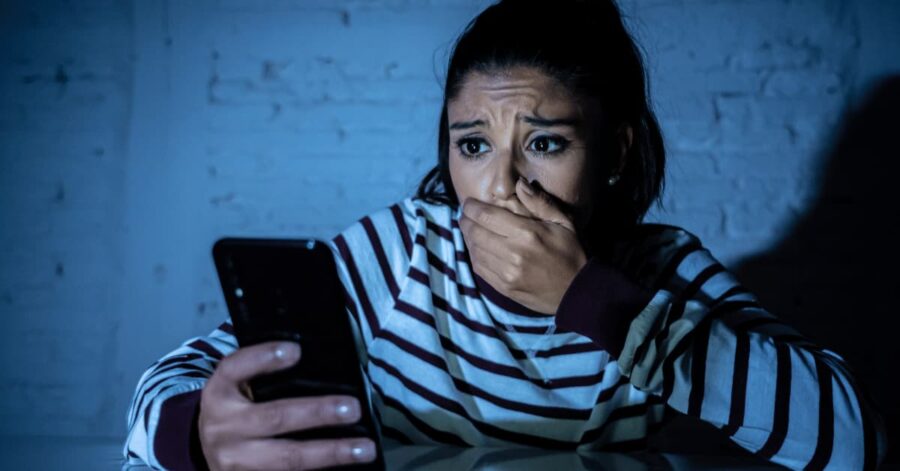
The Relationship Between Social Media and Social Anxiety
The intersection of social anxiety and social media usage is a growing area of research, with studies indicating a complex relationship.
For individuals with social anxiety, social media can serve as a double-edged sword. On one hand, it provides a controlled environment to interact socially, potentially reducing the stress associated with face-to-face interactions.
On the other hand, excessive or passive use of social media can lead to increased feelings of inadequacy, loneliness, and anxiety due to constant social comparison and the pressure to curate a perfect online persona.
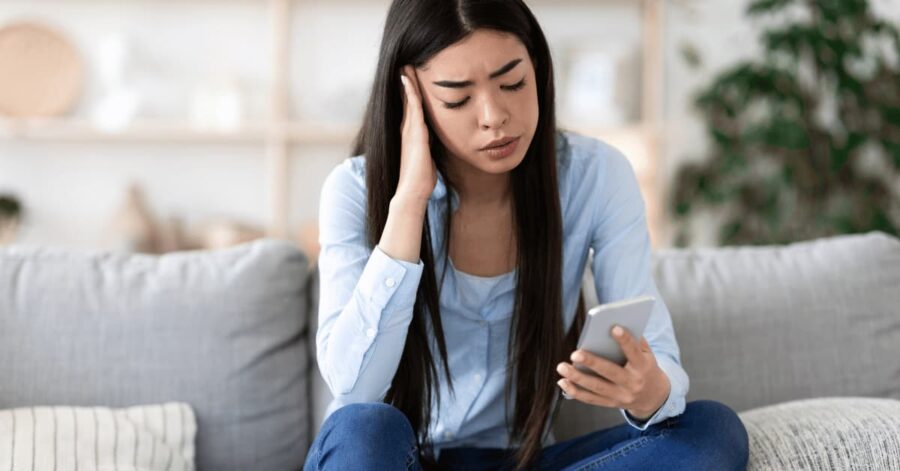
Active vs. Passive Social Media Use
Research by Lai et al. (2023) highlights the nuanced impacts of how we engage with social media. Actively participating in social media by posting content, commenting, and engaging in conversations can have a positive effect on social anxiety.
This active engagement can improve communication skills and provide a sense of community and belonging, which, in turn, may reduce feelings of social anxiety.
Conversely, passive use, such as endlessly scrolling through feeds without interacting, has been linked to increased social anxiety. This form of engagement can lead to upward social comparisons and feelings of being left out, exacerbating social anxiety symptoms.

Online vs. Offline Interactions
A research study conducted in 2012 by Yen and colleagues discovered that people who often feel very anxious in social situations, feel depressed, or tend to be either very shy or very outgoing, actually feel less anxious when they interact with others online compared to when they meet people in person.
This finding indicates that using the internet to communicate can be a helpful option for those who get nervous in social settings.
It provides a less scary way for them to connect with others, suggesting that online platforms could also be useful for offering support and help to those struggling with social anxiety.
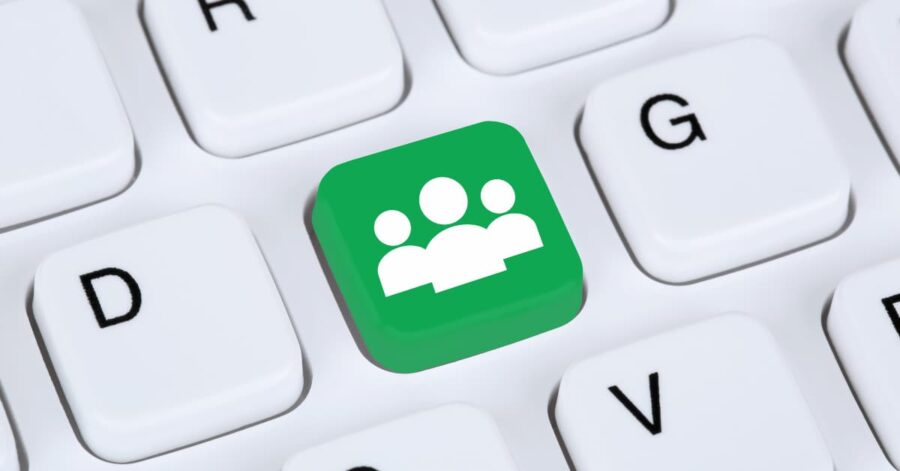
Adolescents and Online Communication
The relationship between social anxiety and online communication habits among adolescents is particularly noteworthy.
Esfandiari et al. (2013) observed that while online communication might increase among those who fear negative evaluation, suggesting a preference for digital interactions over face-to-face ones, it also correlates negatively with tension and inhibition in social contexts.
This indicates that while the internet may provide a safer platform for communication, it does not necessarily alleviate all aspects of social anxiety and may, in some cases, reinforce avoidance behaviors.

Social Media Use Intensity and Social Anxiety
Further research by Yang, Li, & Han (2023) sheds light on the impact of social media use intensity on social anxiety.
Their study found a significant correlation between the intensity of social media use and higher levels of social anxiety, mediated by factors such as upward social comparison and self-esteem.
Intense social media use, characterized by frequent checking and time spent on platforms, leads to more frequent comparisons with others. These comparisons can negatively impact self-esteem and increase feelings of social anxiety, highlighting the importance of mindful social media use.
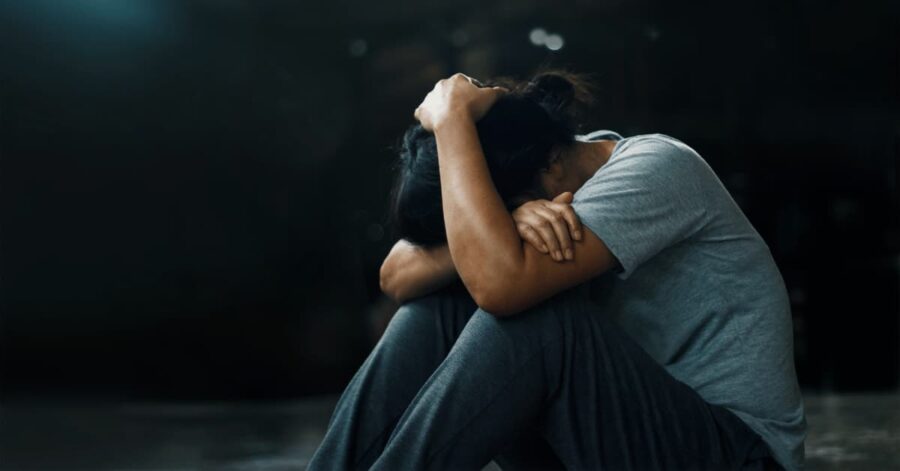
Understanding these dynamics is crucial for developing strategies to manage social media use effectively, especially for individuals experiencing social anxiety.
B. The Dual Impact of Social Media on Social Anxiety
Positive Aspects of Social Media Use
Enhancing Communication Skills
Active engagement on social media platforms, such as posting, commenting, and participating in discussions, can serve as a valuable tool for individuals with social anxiety.
According to Lai et al. (2023), such active use can potentially improve communication skills, fostering a sense of community and belonging.
This engagement can help mitigate feelings of isolation and social anxiety by providing positive social interactions and feedback.
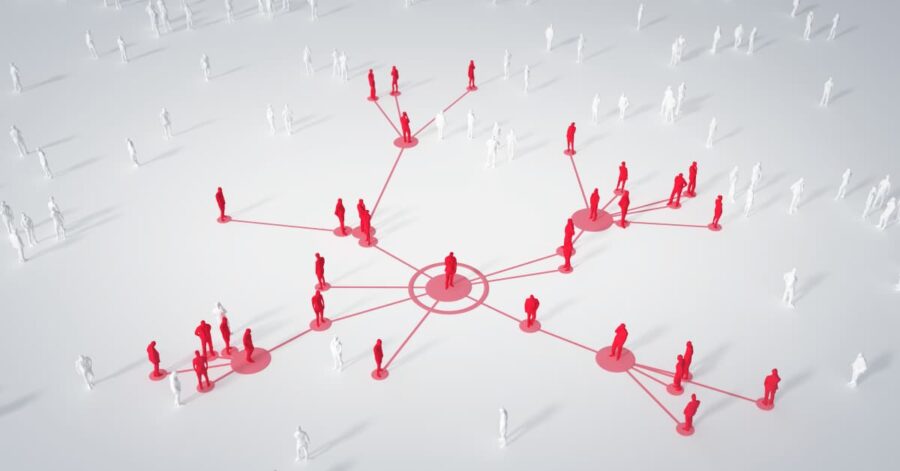
Lowering Barriers to Social Interaction
For individuals with high levels of social anxiety, the internet offers a less intimidating environment for social interaction compared to face-to-face settings (Yen et al., 2012).
Online platforms can serve as a valuable alternative for social engagement, allowing individuals to control the pace and nature of their interactions, which can reduce anxiety and gradually build confidence in social situations.
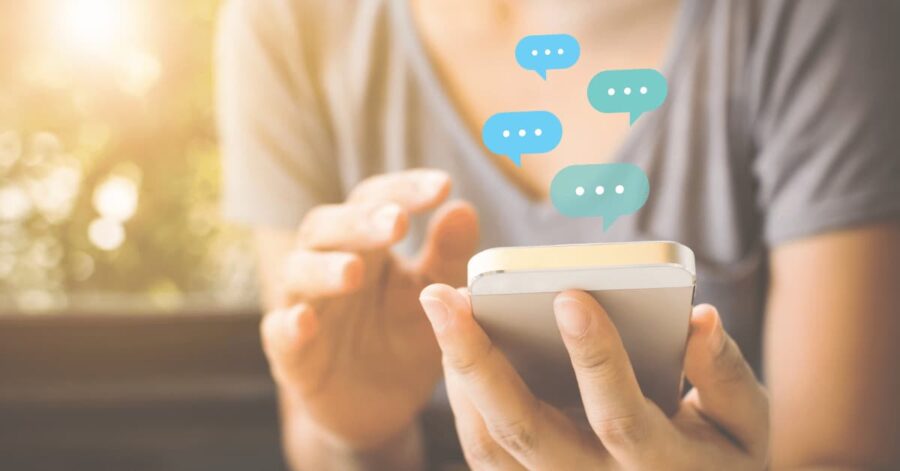
Negative Aspects of Social Media Use
Increased Social Anxiety Through Passive Use
Passive use of social media, such as scrolling through feeds without engaging in interactions, is associated with increased feelings of social anxiety (Lai et al., 2023).
This type of engagement can lead to upward social comparisons and feelings of inadequacy, as users are bombarded with curated images of others’ lives, which can exacerbate feelings of loneliness and social anxiety.
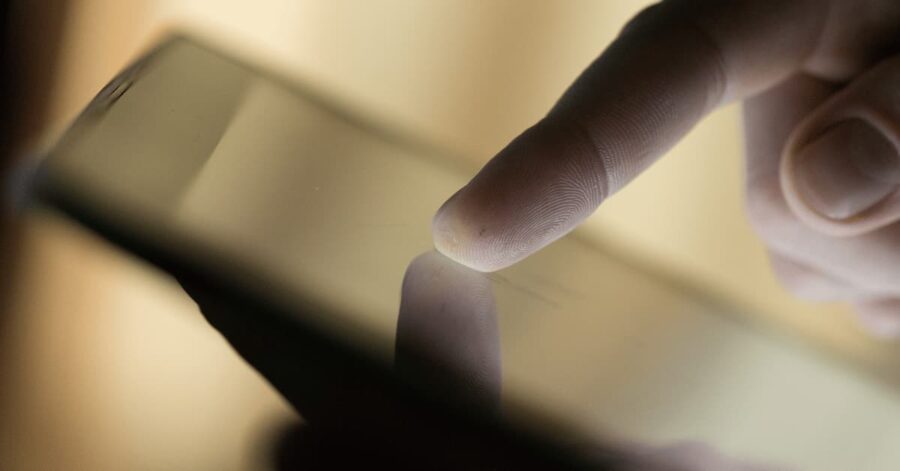
Impact of Social Comparison and Self-Esteem
Similarly, intense social media use can lead to frequent upward social comparisons, negatively affecting self-esteem and increasing social anxiety (Yang, Li, & Han, 2023).
This cycle of comparison and diminished self-worth highlights the need for mindful social media use to protect mental health and well-being.
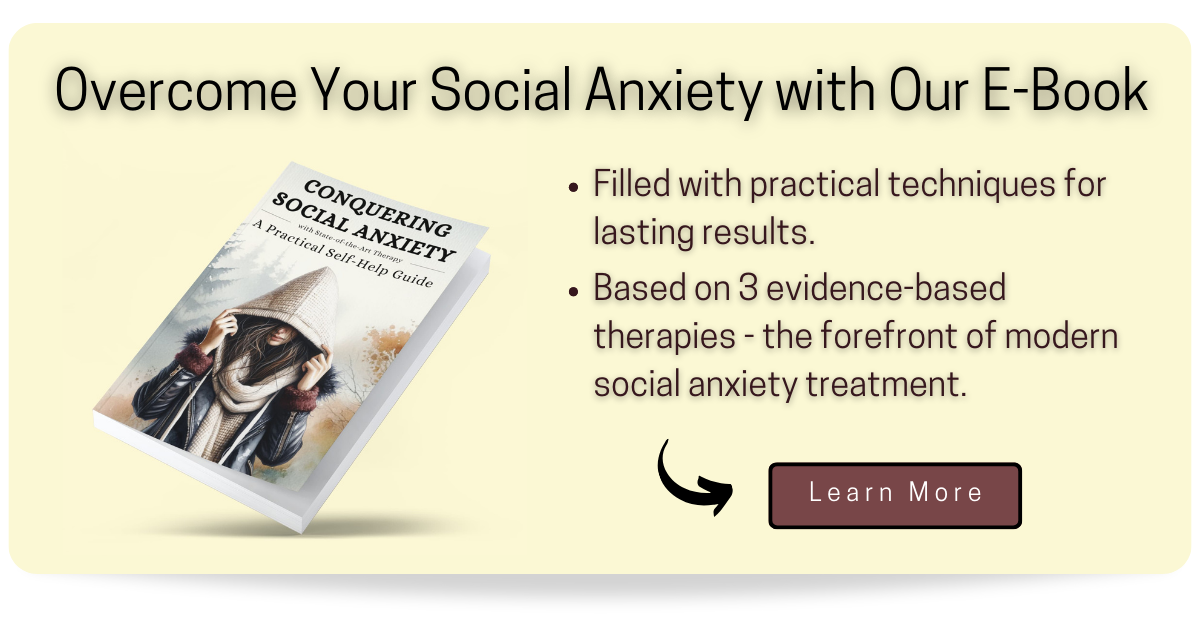
C. Strategies for Managing Social Media Use
To navigate the complex relationship between social media and social anxiety, it’s essential to adopt strategies that promote healthy use patterns and minimize negative impacts.
Tips for Active and Mindful Social Media Engagement
- Set Specific Goals for Social Media Use: Define clear, positive objectives for using social media, such as staying in touch with friends, sharing meaningful content, or engaging in supportive communities.
- Limit Passive Scrolling: Be mindful of the time spent passively scrolling through social media feeds. Consider using apps or tools that track or limit your social media use to encourage more active and purposeful engagement.
- Engage in Positive Interactions: Focus on creating and participating in positive interactions. Comment on friends’ posts, share uplifting content, and engage in communities that foster support and encouragement.
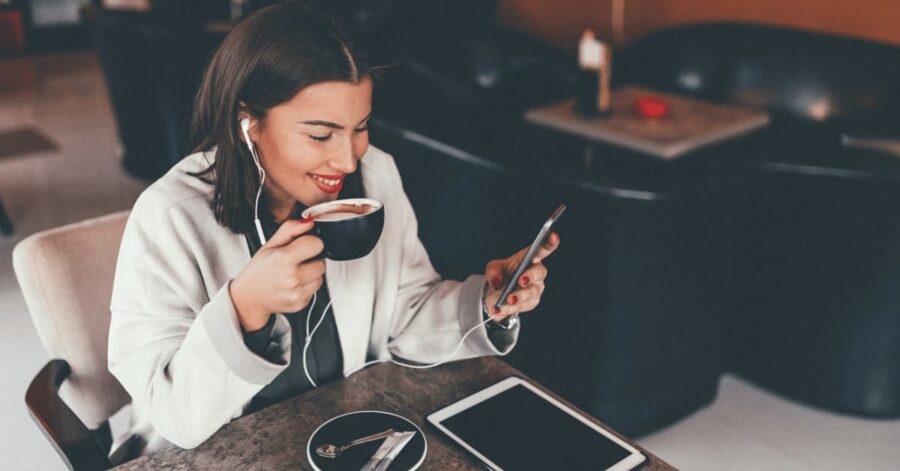
Setting Boundaries for Social Media Use
- Schedule Social Media Time: Allocate specific times of the day for social media use and stick to them to avoid excessive use and ensure it doesn’t interfere with daily activities or sleep.
- Create Tech-Free Zones: Establish areas in your home, such as the bedroom or dining table, where social media use is discouraged, promoting more direct social interactions and relaxation.
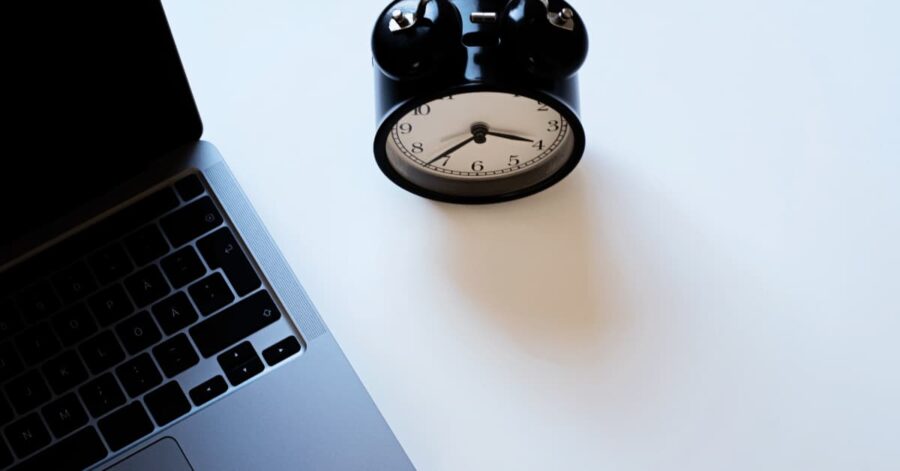
Encouraging Real-Life Connections and Activities
- Balance Online and Offline Social Activities: Make a conscious effort to engage in face-to-face social activities, whether it’s joining a club, participating in a hobby, or simply spending time with friends and family.
- Develop Non-Digital Hobbies: Cultivate interests and hobbies that don’t involve screens, such as reading, sports, or art, to reduce reliance on digital platforms for entertainment and fulfillment.
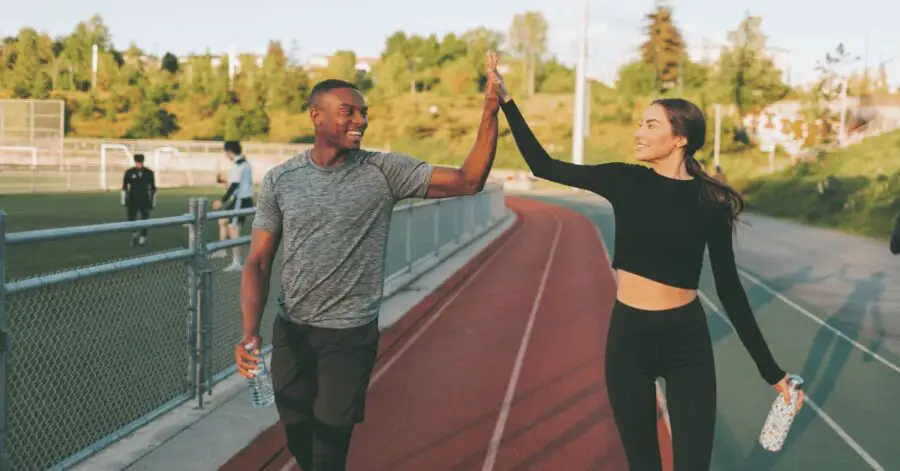
If you’d like to delve deeper into strategies for managing social anxiety on social media, you can read our in-depth article on the topic here, which explains evidence-based approaches in more detail.
D. Incorporating Therapeutic Strategies into Social Media Use
Understanding and applying principles from Cognitive Behavioral Therapy (CBT), Acceptance and Commitment Therapy (ACT), and Metacognitive Therapy can be beneficial in managing social media use and its impact on social anxiety.
- CBT Techniques: Challenge and reframe negative thoughts about social interactions and self-worth that may arise from social media use. Practice setting realistic social media goals and expectations. You can click here to read our guide on CBT for social anxiety.
- ACT Principles: Focus on values-driven actions, even in the presence of social anxiety. Use social media in ways that align with your core values and goals, rather than as a means of avoidance or validation. You can click here to read our guide on ACT for social anxiety.
- Metacognitive Strategies: Be aware of your thought patterns regarding social media use and social anxiety. Learn to recognize unhelpful beliefs and assumptions, and shift your focus to more constructive and mindful engagement. You can click here to read our guide on metacognitive therapy for social anxiety.
For readers seeking to delve deeper into therapeutic strategies and practical exercises for managing social anxiety, our ebook, “Conquering Social Anxiety: A Practical Self-Help Guide“, offers a wealth of resources and is highly recommended.
E. Further Reading and Resources
To deepen your understanding of social anxiety and explore more strategies for managing it, we recommend exploring the following resources available on our website:
- Social Anxiety Treatment Guide: Offers a comprehensive overview of therapy options, medication, support groups, and self-help strategies. You can click here to read it.
- Guide on Medication for Social Anxiety: Provides detailed information on the types of medications used to treat social anxiety and their potential benefits and side effects. You can click here to read it.
- Comprehensive Psychotherapy Guide for Social Anxiety: Explores various psychotherapeutic approaches, detailing how they can be applied to manage social anxiety effectively. You can click here to read it.
- Social Anxiety Basics: A primer on what social anxiety is, its symptoms, causes, and diagnostic criteria, offering a solid foundation for anyone looking to understand this condition better. You can click here to read it.

These resources are designed to provide you with a broad spectrum of information and practical tips to tackle social anxiety from multiple angles, whether you’re looking for immediate strategies or in-depth therapeutic approaches.
We are currently working on a series of articles exploring the intersection of social anxiety and technology. As we roll out these articles, we will link to them here.
F. Conclusion
The impact of social media on social anxiety is a topic of great complexity and significance in our modern lives.
While social media offers unique opportunities for connection and engagement, its misuse or passive consumption can exacerbate feelings of social anxiety.
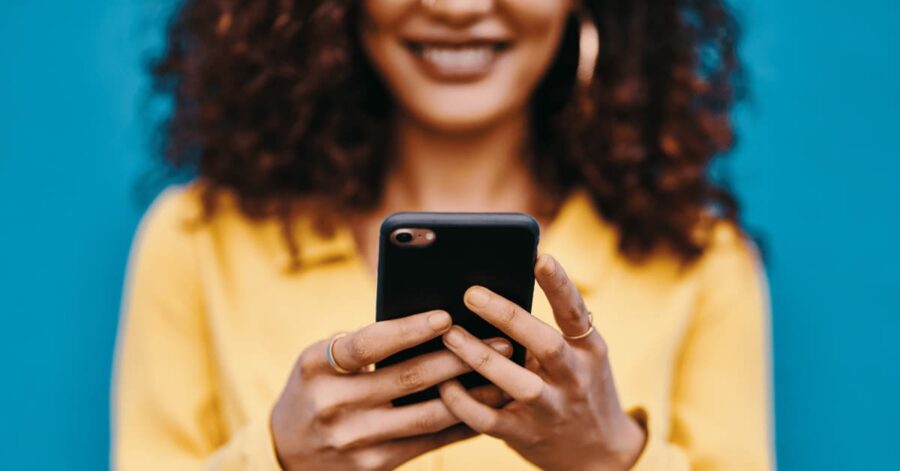
By adopting a mindful and active approach to social media use, setting clear boundaries, and incorporating therapeutic strategies, individuals can navigate the digital world in ways that support their mental health and well-being.
Remember, managing social anxiety is a journey, and it’s okay to seek support along the way.
Our ebook, “Conquering Social Anxiety: A Practical Self-Help Guide“, is packed with practical exercises and strategies derived from leading therapies. It’s an excellent resource for anyone looking to take proactive steps toward overcoming social anxiety.
Finally, we invite you to sign up for our free 7-day email course on managing social anxiety.
This course is designed to provide you with essential information on symptoms, diagnostic criteria, causes, types, medication, therapy, and practical tips, offering a comprehensive introduction to navigating social anxiety.

By understanding the nuanced impacts of social media on social anxiety and taking steps to manage your usage, you can harness the positive aspects of digital connectivity while minimizing its challenges.
Remember, you’re not alone in this journey, and there are resources and strategies available to support you every step of the way.
American Psychiatric Association. (2013). Diagnostic and statistical manual of mental disorders (5th ed.). American Psychiatric Publishing.
Esfandiari, N., Nouri, A., Golparvar, M., & Yarmohammadian, M. H. (2013). The relationship between social anxiety and online communication among adolescents in the city of isfahan, iran. International journal of preventive medicine, 4(4), 390–395.
Harvard Medical School, 2007. National Comorbidity Survey (NCS). (2024, February 14). Retrieved from https://www.hcp.med.harvard.edu/ncs/index.php . Data Table 2: 12-month prevalence DSM-IV/WMH-CIDI disorders by sex and cohort
Lai, F., Wang, L., Zhang, J., Shan, S., Chen, J., & Tian, L. (2023). Relationship between Social Media Use and Social Anxiety in College Students: Mediation Effect of Communication Capacity. International journal of environmental research and public health, 20(4), 3657. https://doi.org/10.3390/ijerph20043657
Yang, F., Li, M., & Han, Y. (2023). Whether and how will using social media induce social anxiety? The correlational and causal evidence from Chinese society. Frontiers in psychology, 14, 1217415. https://doi.org/10.3389/fpsyg.2023.1217415
Yen, J. Y., Yen, C. F., Chen, C. S., Wang, P. W., Chang, Y. H., & Ko, C. H. (2012). Social anxiety in online and real-life interaction and their associated factors. Cyberpsychology, behavior and social networking, 15(1), 7–12. https://doi.org/10.1089/cyber.2011.0015
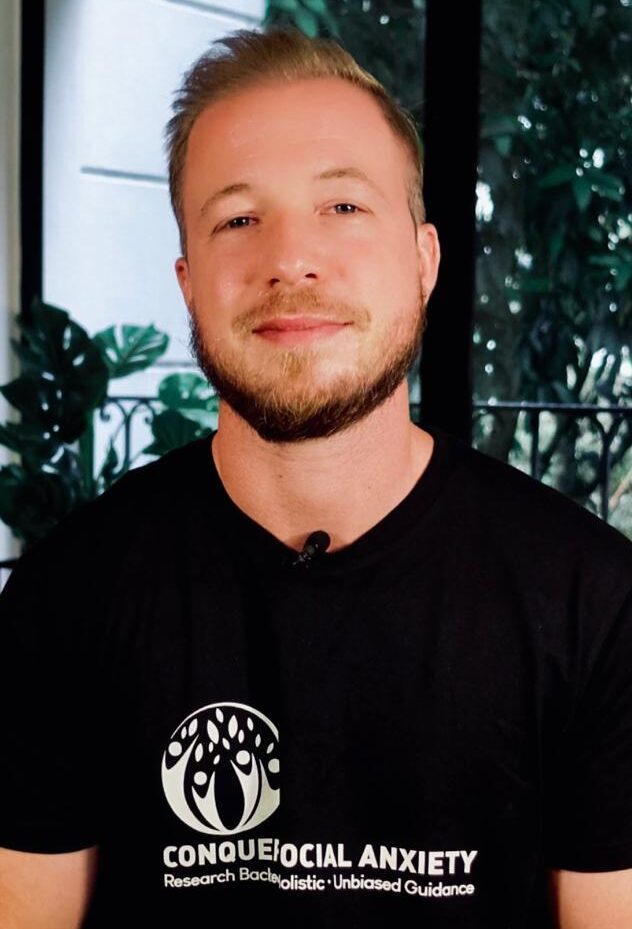
About the Author: Martin Stork
Martin is a professional psychologist with a background in physical therapy. He has organized and led various support groups for people with social anxiety in Washington, DC and Buenos Aires, Argentina. He is the founder of Conquer Social Anxiety Ltd, where he operates as a writer, therapist and director. You can click here to find out more about Martin.
